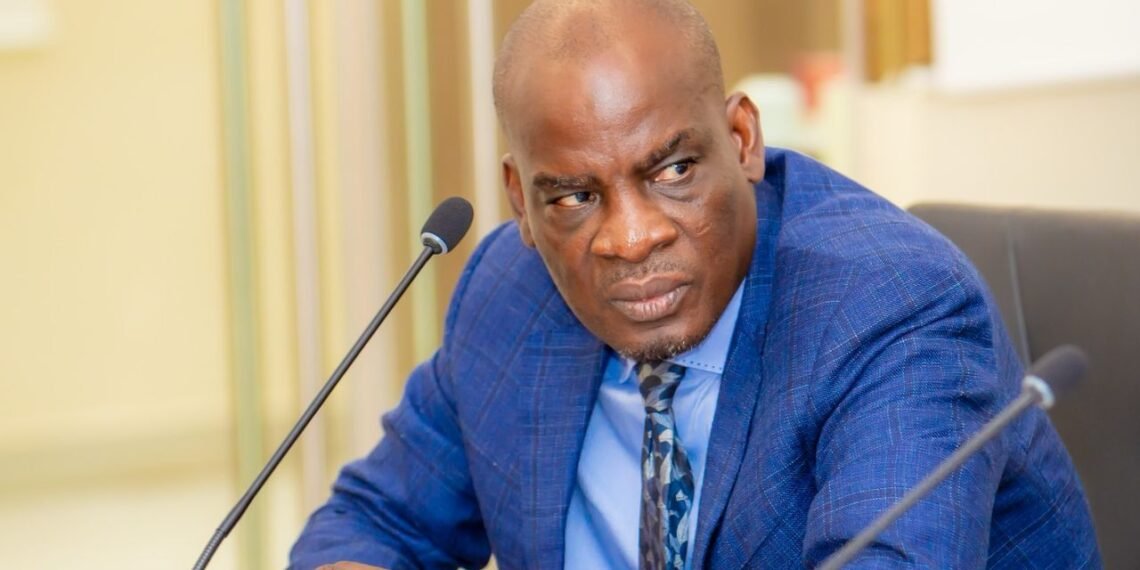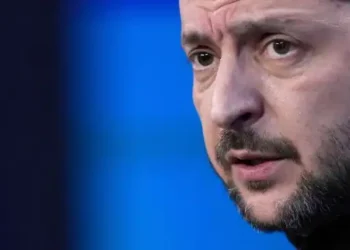Ghana’s Minister for Education, Hon. Haruna Iddrisu, has issued a directive to the Ghana Education Trust Fund (GetFund) to compile a comprehensive inventory of all uncompleted educational infrastructure projects across the country.
This move, he said, is aimed at enabling the Ministry to develop a clear and targeted plan to complete long-abandoned projects that have become a burden on the public purse and a blight on educational progress.
Hon. Haruna Iddrisu made the announcement during the inauguration of the Governing Council of Accra Technical University (ATU), where he expressed deep concern over the backlog of unfinished educational infrastructure projects, many of which date back over a decade.
His remarks pointed to what he described as a persistent disregard for constitutional obligations by successive governments in the management and continuity of public projects.
“I’m also aware of a number of uncompleted projects in the school. I’ve asked [GetFund] to give us an inventory of the uncompleted projects across the country in order that we’ll have a plan to get it done.”
Ghana’s Minister for Education, Hon. Haruna Iddrisu
He acknowledged that the problem of abandoned or stalled educational projects was widespread, involving numerous schools and institutions, and dating as far back as 2012 and 2014.
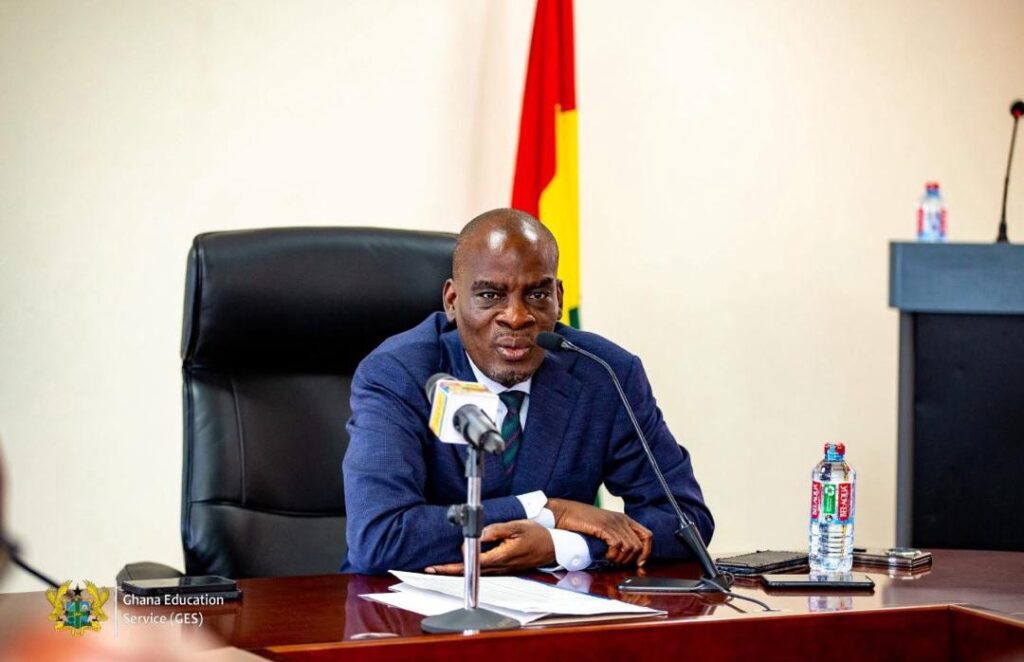
These projects, he noted, were not only infrastructural gaps but also represented serious financial and constitutional concerns.
Hon. Haruna Iddrisu invoked the relevance of Article 35 of the 1992 Constitution of Ghana, which enjoins successive governments to continue projects and programmes initiated by their predecessors.
“I’m sure, Professor Abotsi, your law will come into play when you have governments or Presidents not respecting the tenet of Article 35. I’m sure some of it, where successive governments are required by the Constitution to complete and continue ongoing projects—that was not the case in many instances.”
Ghana’s Minister for Education, Hon. Haruna Iddrisu
Negative Implications
He emphasised that such discontinuity has come at a considerable cost to both the state and the taxpayer. The failure to complete GetFund projects not only reflects administrative neglect but has broader economic implications, especially in the face of inflation and cost variations in the construction sector.
He further explained that the delay in project execution has also exposed the state to avoidable financial complications.
“Even now, when you ask the contractors to go to site, they’ll be struggling to bear the cost variations, and it may not even reflect contract terms and contract values.”
Ghana’s Minister for Education, Hon. Haruna Iddrisu
Using the Accra Technical University as a case in point, the Minister pointed out a major infrastructure project at the school that remains unfinished.
“I know you are aware that the school is having an ugly block, which is almost 85% complete. We will support you to get that done,” he assured the new Governing Council.
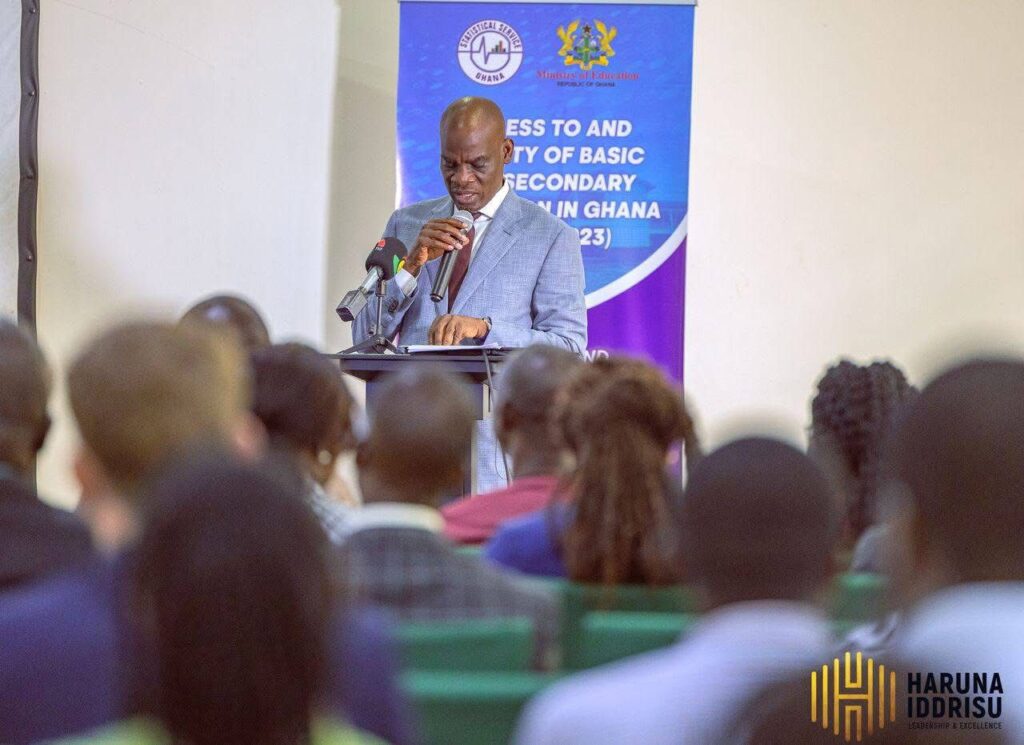
A Renewed Commitment to Clear Backlog
The Education Minister’s directive to GetFund signals a renewed commitment by the current administration to clear the backlog of legacy projects, many of which have been stalled due to administrative neglect, lack of political will, or shifting budgetary priorities.
His remarks suggest an emerging policy posture that prioritises continuity, fiscal responsibility, and value for money in the delivery of educational infrastructure.
The Minister’s tone was both pragmatic and forward-looking. Rather than simply lamenting past failures, he called for action and responsibility.
By invoking the Constitution and the obligations it places on governments, he emphasised that the issue of abandoned projects was not merely a managerial lapse but a breach of national duty.
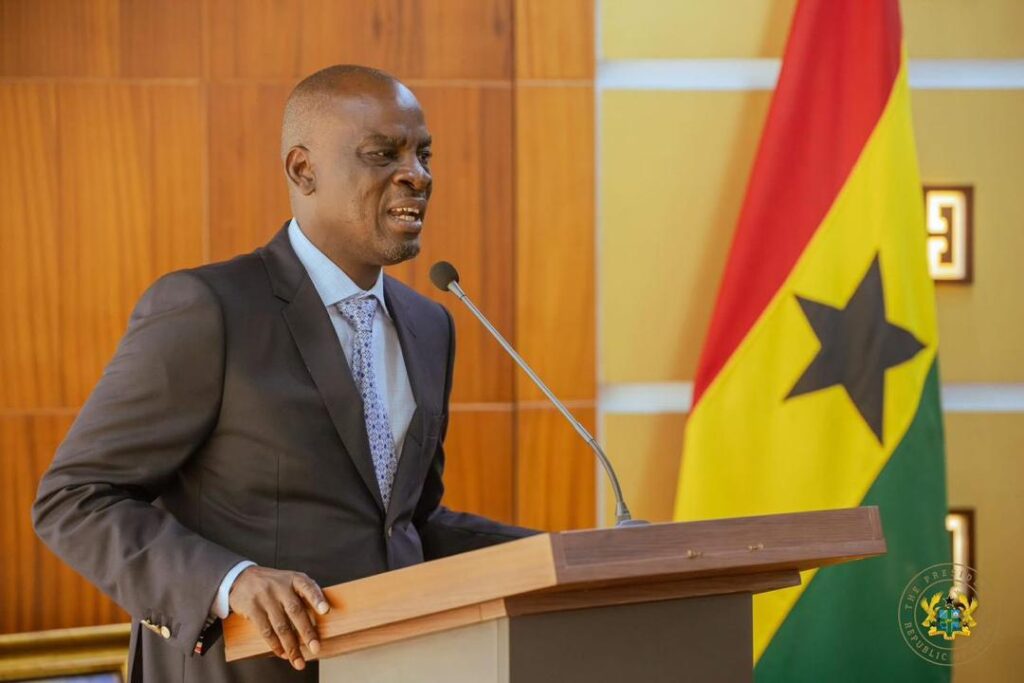
The success of this initiative, however, will depend not just on the production of the inventory, but on the Ministry’s ability to secure funding, enforce project continuity across political transitions, and engage stakeholders—especially contractors—under new and fair terms to complete outstanding works.
If followed through, the effort could transform the educational infrastructure landscape across the country and offer a powerful message: that Ghana is ready to move from neglect and waste to accountability and completion.
READ ALSO: Auditor-General Flags GNPC Over $768m for Procurement Irregularities

